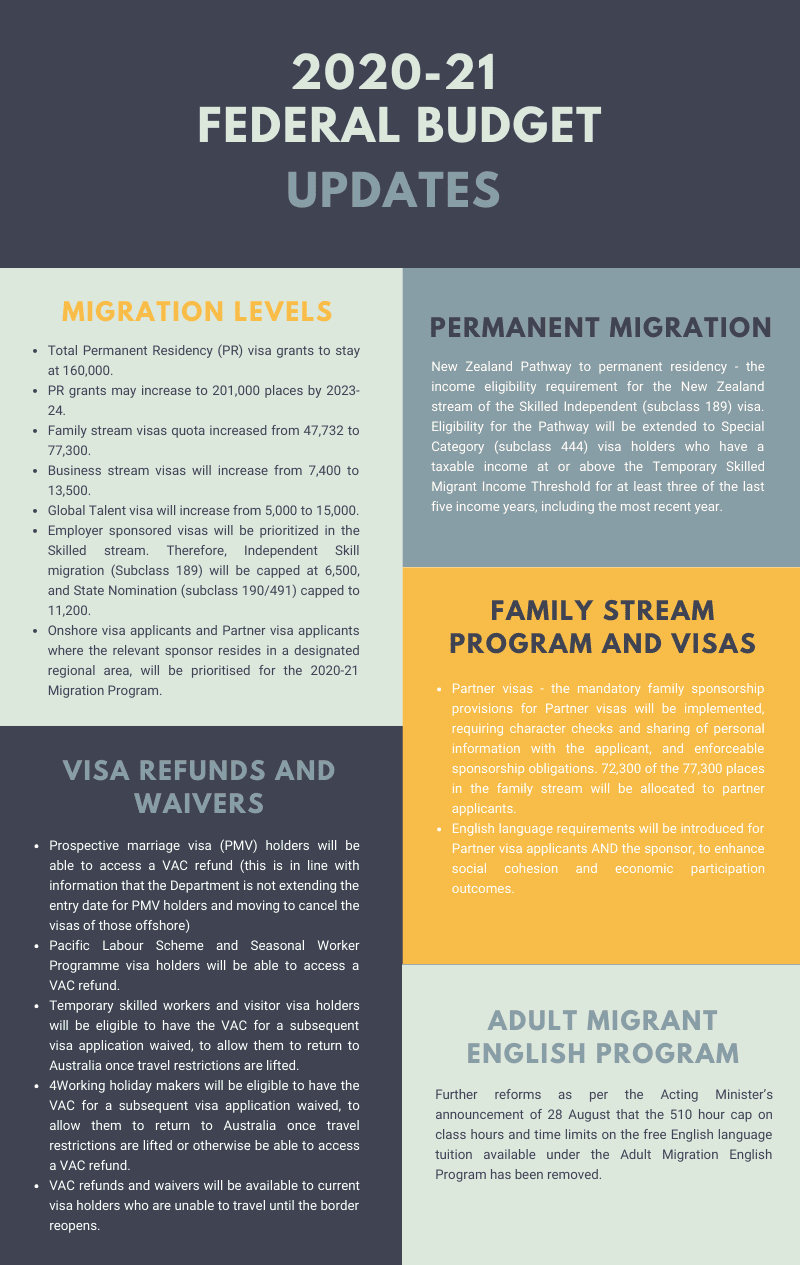Importance of recent Federal Court decision Pearson v Minister for Home Affairs [2022] FCAFC 203
Under Section 501(3A) of the Migration Act 1958 (Cth)(“Act”), a visa holder is subject to mandatory visa cancellation if:
- The person does not pass the character test because of the operation of:
- paragraph (6)(a) (substantial criminal record), on the basis of paragraph (7)(a), (b) or (c); or
- paragraph (6)(e) (sexually based offences involving a child); and
- the person is serving a sentence of imprisonment, on a full‑time basis in a custodial institution, for an offence against a law of the Commonwealth, a State or a Territory.
A “substantial criminal record” on the basis of paragraph (7)(a), (b) or (c) of the Act is where a person has been sentenced to death (7)(a), imprisonment for life (7)(b), or a term of imprisonment of 12 months or more (7)(c).
Until the Pearson judgment was handed down on 22 December 2022, an aggregate (combined) sentence of at least 12 months’ imprisonment has triggered mandatory visa cancellation.
Pearson v Minister for Home Affairs [2022] FCAFC 203
The Full Court’s decision in Pearson v Minister for Home Affairs [2022] FCAFC 203 found that an aggregate sentence of imprisonment of at least 12 months did not constitute a ‘term of imprisonment of 12 months or more’ and therefore would not result in a mandatory visa cancellation under s 501(3A) of the Act.
The Full Court’s reasoning behind this is that mandatory visa cancellation should only be enlivened for the most serious offences, such as those attracting the death penalty, life imprisonment, a term of imprisonment of 12 months or more for a single offence, or sexual offences involving children. The Full Court held the view that the mandatory cancellation was “reserved for the most serious offences”.
Moreover, the Full Court also found that an aggregate sentence itself says ‘little to nothing about the seriousness of the individual offences’.
Consequences
The Pearson decision set a precedent that mandatory visa cancellation is not enlivened when the sentence imposed is an aggregate sentence of imprisonment of 12 months or more. The consequences of the decision made in Pearson case are substantial and there are reports that up to 100 people have been released from immigration detention since the decision.
However, the Migration Amendment (Aggregate Sentences) Bill 2023 was introduced to clarify that s501(7)(c) applies in relation to a person sentenced to a term of imprisonment of 12 months or more, whether the sentence is imposed for a single offence or for 2 or more offences.
This Bill was passed through both Houses of Parliament on 13 February 2023 and will receive Royal Assent shortly, effectively undoing the precedent set in Pearson.






